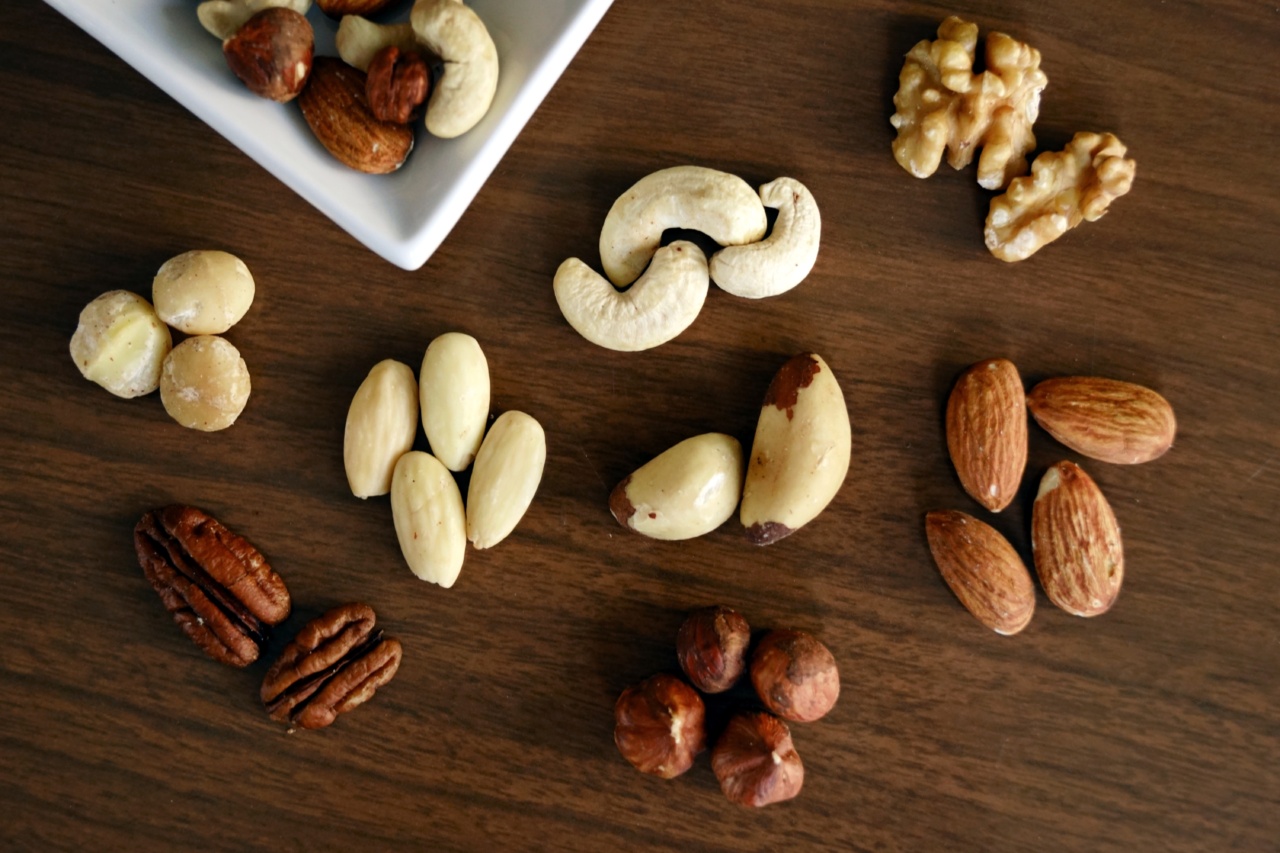Dry mouth, also known as xerostomia, is a condition that occurs when your salivary glands do not produce enough saliva to keep your mouth adequately moist.
While occasionally experiencing dry mouth is normal, persistent and chronic dry mouth can have detrimental effects on your oral and overall health. In this article, we will explore the causes, symptoms, potential complications, and treatment options for dry mouth.
Causes of Dry Mouth
Dry mouth can have various causes, including:.
1. Medications: A wide range of medications, including antihistamines, decongestants, pain medication, antidepressants, and diuretics, can cause dry mouth as a side effect.
If you suspect that your prescribed medications are causing your dry mouth, consult your healthcare provider for possible alternatives.
2. Medical conditions: Certain medical conditions, such as diabetes, Sjögren’s syndrome, HIV/AIDS, Alzheimer’s disease, Parkinson’s disease, and stroke, can lead to dry mouth.
These conditions can affect the normal functioning of salivary glands, reducing saliva production.
3. Nerve damage: Injuries or surgeries that damage the nerves in your head or neck region can disrupt normal salivary gland functioning, leading to dry mouth.
4. Dehydration: Not consuming enough fluids or engaging in activities that cause excessive fluid loss, such as intense physical exercise or vomiting, can result in temporary dry mouth.
5. Lifestyle factors: Habits like smoking or chewing tobacco can contribute to dry mouth, as these activities can impede saliva production.
Signs and Symptoms of Dry Mouth
Common signs and symptoms associated with dry mouth include:.
1. A dry, sticky feeling in the mouth.
2. Frequent thirst.
3. Difficulty in speaking, chewing, or swallowing.
4. Rough or dry tongue and throat.
5. Cracked lips and dry or hoarse voice.
6. Altered sense of taste.
7. Bad breath.
8. Mouth sores or infections.
Potential Complications of Dry Mouth
While dry mouth may seem harmless, inadequate saliva production can lead to several complications:.
1. Dental issues: Saliva plays a crucial role in maintaining oral health by neutralizing acids, protecting teeth from decay and cavities, and washing away food particles.
Without enough saliva, you become more susceptible to tooth decay, gum disease, and oral infections.
2. Difficulty in wearing dentures: Dry mouth can make wearing dentures uncomfortable, as the adhesive used to hold them may not work effectively without sufficient saliva.
3. Speech problems: Insufficient saliva can result in speech difficulties, such as slurred speech or a hoarse voice.
4. Malnutrition: The lack of saliva can make it challenging to chew and swallow certain foods, potentially leading to a decreased appetite or difficulty in obtaining adequate nutrition.
5. Mouth infections: Without enough saliva to provide a protective barrier, bacteria and fungi can thrive in the mouth, increasing the risk of oral infections like thrush.
6. Overall quality of life: Dry mouth can affect your ability to enjoy food, speak comfortably, and maintain good oral hygiene, ultimately impacting your overall quality of life.
Treatment Options for Dry Mouth
Although there is no cure for dry mouth, several treatment options can help manage the symptoms:.
1. Sip water frequently: Keep yourself hydrated by sipping water throughout the day. Avoid sugary or acidic beverages, as they can contribute to tooth decay.
2. Avoid certain substances: Reduce or avoid substances that can worsen dry mouth, such as tobacco, alcohol, caffeine, and salty or spicy foods.
3. Use over-the-counter saliva substitutes: Saliva substitutes are products that mimic the functions of saliva. They come in the form of sprays, gels, or rinses and can provide temporary relief from dry mouth symptoms.
4. Opt for over-the-counter moisturizers: Moisturizing products specifically designed for dry mouth, such as mouthwashes or toothpaste, can help alleviate discomfort and lubricate the oral tissues.
5. Chew sugar-free gum or suck on sugar-free candies: Stimulating saliva flow through gum or candies can help relieve dry mouth. Ensure they are sugar-free to minimize the risk of tooth decay.
6. Use a humidifier: Using a humidifier in your room, especially at night, can help add moisture to the air, preventing your mouth from drying out.
7. Practice good oral hygiene: Brush your teeth twice a day using fluoride toothpaste and a soft-bristled toothbrush. Additionally, floss daily and rinse your mouth with an alcohol-free mouthwash to reduce the risk of dental issues.
8. Regular dental check-ups: Visit your dentist regularly for check-ups and professional cleanings. Your dentist can identify and address any oral health issues exacerbated by dry mouth.
If home remedies and over-the-counter products do not provide sufficient relief, consult your healthcare provider or dentist.
They might prescribe medications that can stimulate saliva production or suggest other therapies tailored to your specific situation.
Conclusion
Dry mouth can significantly impact your well-being and oral health. By understanding its causes, recognizing the signs and symptoms, and taking appropriate steps to manage it, you can alleviate discomfort and reduce the risk of complications.
Remember, maintaining good oral hygiene and seeking professional dental care are crucial in managing dry mouth effectively.




























